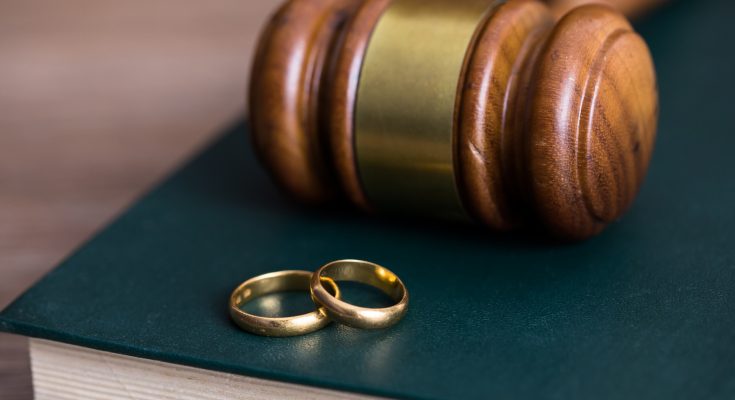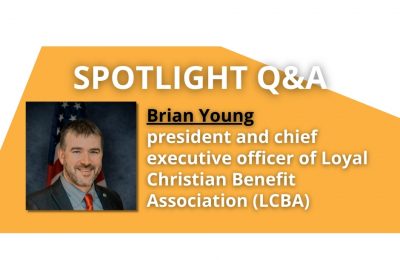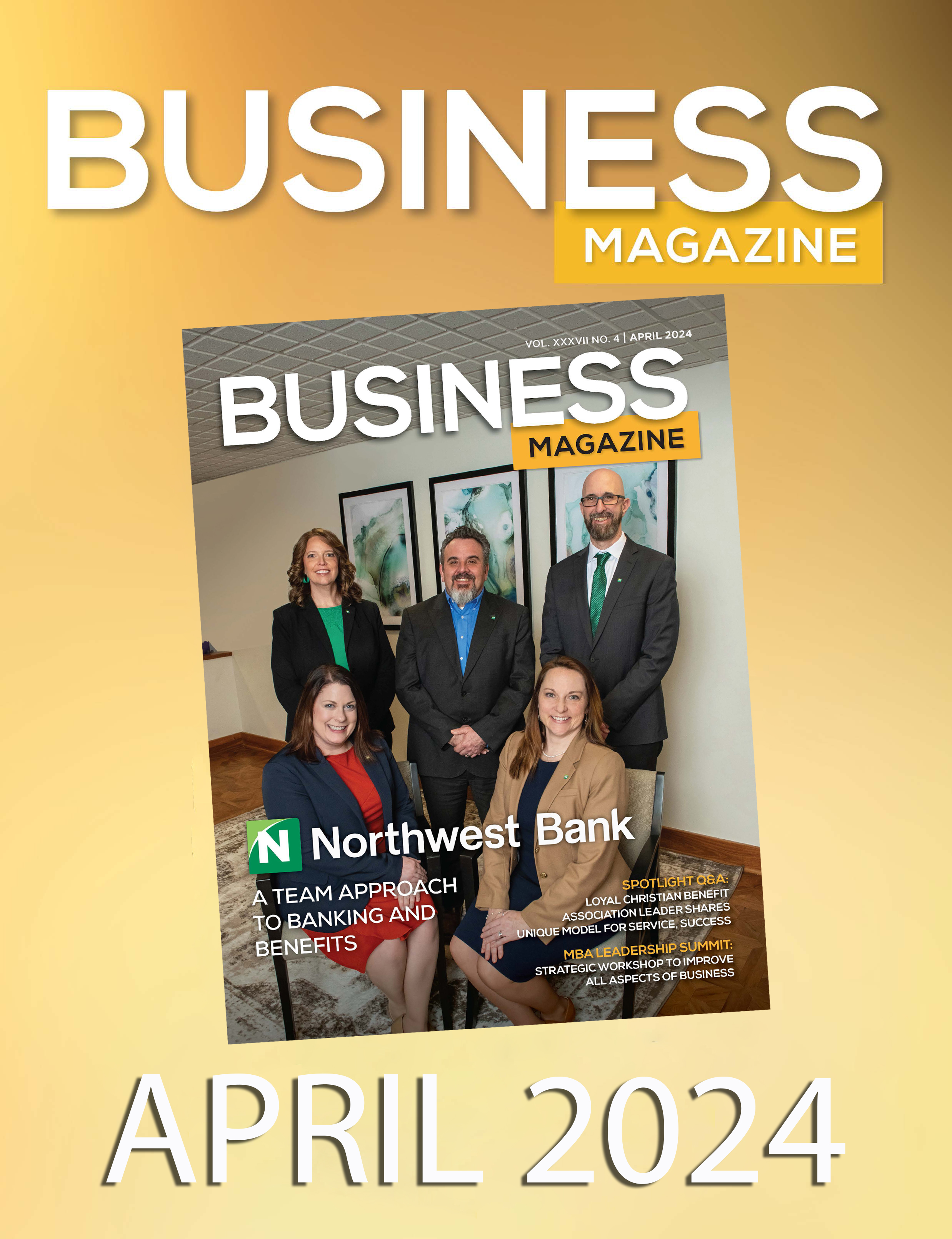Lisa Smith Presta is a senior partner and Chair of the Litigation Department at MacDonald Illig. She handles complex, multiparty litigation involving commercial disputes, breach of contract claims, employment matters and professional services.
Jamie Schumacher is a senior associate at MacDonald Illig and Chair of the Erie County Bar Association Civil Litigation Section. She practices in the firm’s Commercial Litigation, Labor & Employment, and Government Services Practice Groups.
A longstanding principle in Pennsylvania law is the confidentiality afforded to communications between spouses.
Dating back to at least the 1930s, the “spousal privilege” (also known as the “marital privilege”) has been considered by the U.S. Supreme Court to be “so essential to the preservation of the marriage relationship as to outweigh the disadvantages to the administration of justice.” Wolfle v. United States, 291 U.S. 7 (1934).
Two Types of Spousal Privilege
This public policy is codified in Pennsylvania and actually encompasses two distinct privileges — the communications privilege and the testimonial privilege. These privileges can apply in both criminal and civil proceedings though some federal courts question their application in civil matters.
The Communications Privilege
The communications privilege protects the contents of exchanges between married individuals which the individuals would not have made except for the “ab- solute confidence” of the marital relation- ship. In order to invoke the communica- tions privilege, the spouse must establish that: a. at the time of the communication, the spouses were in a valid marriage; b. the communication was intended to convey information between spouses, and neither spouse has disclosed the communication to a third party; and c. the communication was intended to be confidential. The protection survives both death and divorce for communications made during the course of the marriage.
The privilege is held by both spouses so either can invoke its protection, and neither can divulge the communication without the consent of the other. The communications privilege applies to oral communications, written communications, expressions and gestures (for example, a nodding of the head). It is of note, however, that this privilege does not apply when the gesture is observable by third parties, when the spouses are suing each other in a civil matter, or where one of the spouses initiates a criminal proceeding against the other.
The Testimonial Privilege The testimonial privilege protects an individual from being compelled to testify against her or his spouse about any matter — often, what may have been observed, overheard or learned rather than just the contents of a confidential communication. This privilege applies only during the period of the marriage itself. Exceptions include abuse matters) as well as the recognition that a spouse may testify in order to exculpate herself or himself from allegations of criminal wrongdoing.
And They Lived Happily Ever After In a 2016 suit between the Cavanagh family and C.A.P. Glass Incorporated, the Pennsylvania Superior Court ruled that Mrs. Cavanagh could prevent her husband from testifying about private conversations between the two regarding the details of a $1.5 million fraudulent check scheme allegedly perpetuated while she was working as an accountant at C.A.P. Glass.
In a 2016 suit between the Cavanagh family and C.A.P. Glass Incorporated, the Pennsylvania Superior Court ruled that Mrs. Cavanagh could prevent her husband from testifying about private conversations between the two regarding the details of a $1.5 million fraudulent check scheme allegedly perpetuated while she was working as an accountant at C.A.P. Glass. The trial court refused to apply the privilege based upon the “fraud exception,” which provides that spouses may not rely upon the testimonial privilege where its application would assist them in committing a fraud. The trial court instructed Mr. Cavanagh to testify about the fraudulent check scheme, an immediate appeal was taken, and the trial court was reversed. Thereafter, counsel for the Cavanaghs stated their gratitude “that the [Superior Court] would give respect to the sanctity of the marital relationship in this day and age.”
For information, call 814/870-7600 or visit www.macdonaldillig.com.















